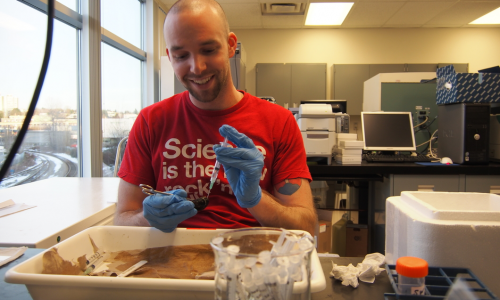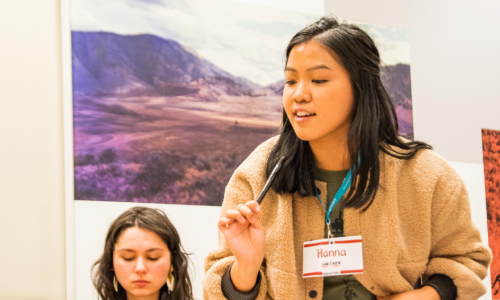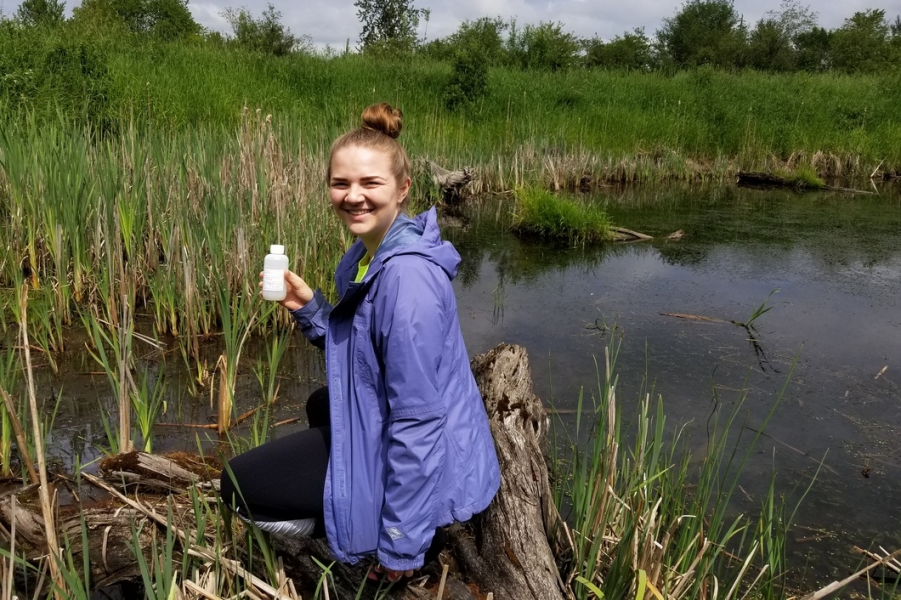
For the last four months, I worked at Watershed Watch Salmon Society — a non-profit advocating for the conservation of BC’s wild salmon. This was my first time working for a non-profit and I had no idea what to expect. To anyone out there considering working for a, not for profit organization, I want to share the lessons I learned at Watershed Watch with you. My experience was fantastic, but working for a non-profit is not a stroll through the park. I want to go through some of the tough questions I encountered throughout this summer working, to help better prepare others for the experience of working with, volunteering, or supporting a non-profit.
Who is Going to Help Us?
This is probably the scariest question you’ll face because, without public support, it is very hard to build success. At Watershed Watch, I recruited supporters by attending events to educate communities on various issues affecting salmon in BC. After attending dozens of events, I learned to prioritize my time with specific community members. Everyone has a passion — some of us love the environment, or sports, or politics, or whatever it might be. So, when a sports fanatic comes up to my booth, I will talk to her/him and educate them, but I won’t get into a 30-minute discussion on the latest soccer controversy because that doesn’t help my organization. When trying to engage the public on your issues, remember to focus on the people who are clearly passionate because in the long run those are the people that will be your strongest supporters.
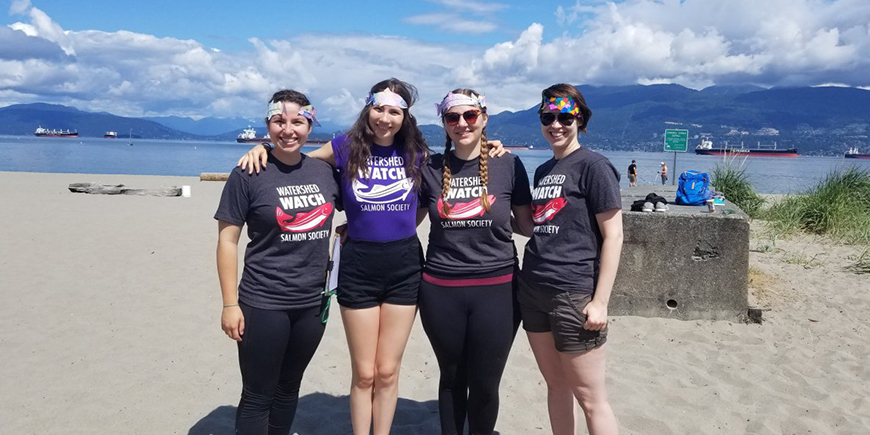
What is Going to Stand in Our Way?
As a non-profit, obstacles preventing success are plentiful: lack of resources, budget constraints, public opinion, state restrictions, and the list goes on. The challenge I personally faced was introversion. Every weekend, I was at a different event, talking to new people. As an introvert, this was not the easiest task, but as the summer progressed, I realized that people are willing to listen to me. They might need a nudge of enthusiasm, but they listen because I represent a non-profit, so they know what I am saying is important. As I said, my individual struggle was with introversion; for you, the struggle might be an individual one or an organizational one. But an obstacle (or twenty) doesn’t mean that one throws in the towel because the community does care, society usually wants to be better, and it is the non-profit’s job to persevere through challenges that stand in the way of success —because if you don’t, no one else will.
Where Does All the Time Go?
This is a question you will constantly be asking yourself at a smaller non-profit. With a small staff, everyone has loads to do, but never enough time to do it. To work for a non-profit, be ready to manage your time. To keep myself on track, I set aside designated work hours for specific tasks and created prioritized to-do lists every day. Without time management, I would have been swamped, overwhelmed, and unable to focus on my different responsibilities. Working for a non-profit is extremely rewarding: you are helping make the world a better place, but do not forget that it is a massive commitment of time and energy. Unfortunately, this lifestyle is not for everyone so make sure that it is for you prior to jumping into the deep end of the non-profit life.
When Will We See Change?
You will encounter this question all the time. For many, change comes slowly, and people lose hope. At Watershed Watch, I learned to celebrate every victory: big or small. For instance, one reason to rejoice at Watershed Watch is that the aquaculture industry will not expand into northern BC. While salmon farms are still plentiful in the south, the government's decision to NOT continue expanding is a huge victory. It means the advocacy from non-profits and community members is working and that continued pushback could result in further success. By celebrating all wins, non-profits and their supporters reinforce that their work does matter, and are pushed to work towards even bigger goals.
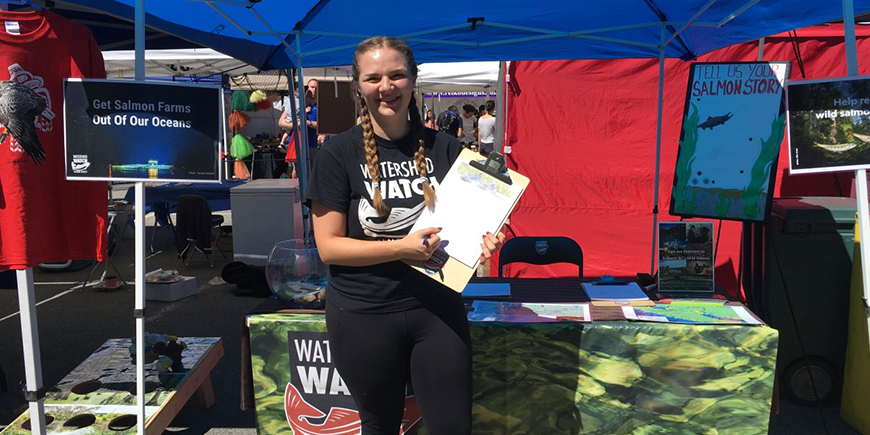
Why Don’t We Have All the Answers?
I regularly experienced this question when speaking with supporters. When you don’t have an answer, remember you are not required to be an expert. Sometimes it feels like you have to be. For example: when a person’s decision to support you rides on the fact that they want an answer to a specific question. However, since you are human and not an encyclopedia, you do not need to have all the answers. It is okay to ask for help or do some extra research. These actions, to you, might feel like an act of incompetence or lack of preparation, but in reality, they mean you are determined to answer questions to the best of your ability in order to gain supporters.
So, we’ve faced the tough questions together — I was able to live through them, if you think you are up for it, it means you are fully capable of working for a non-profit.
Beyond the Blog
-
To learn more about opportunities like Lauren's visit the Environmental Science Co-op homepage.











